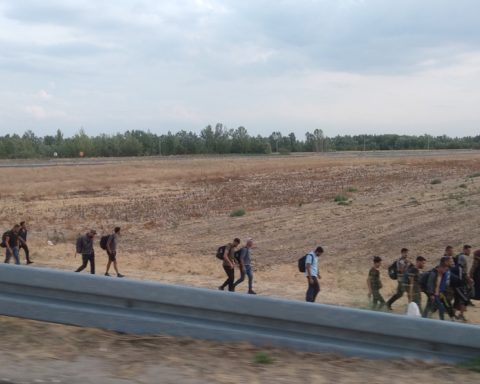Text and translation: Leone Palmeri
This is the first of a series of articles that will cover a trip from Timișoara to Sofia, passing through Šid, Subotica and Belgrade organized by Leone Palmeri and Joyce Modolo (co-autor): “Our intent is to meet the people that are attempting to arrive in Europe, understand their main struggles and to understand how local and international organizations support people on the move”.
The morning of the 1st of august we left Cluj-Napoca, in the north east of Romania, and started our journey along the balkan route with final destination Sofia, Bulgaria. Our first stop was Timișoara, a Romanian city about 50 km from the border with Serbia, known for being a strategic point in the balkan route, especially since 2015, when the Hungarian government militarized its border with Croatia and Serbia, and built a wall to stop people from crossing.
Lately the numbers of people attempting to go to Hungary from Romania have decreased, and the general attention has shifted to the Ukrainian crisis. However there are still a few organizations that are points of reference for non Ukrainian refugees in the city, and continue to offer their support to people on the move, and people from marginalized and disadvantaged groups, like the roma-sinti population.
Dreptu la Oraș, is a leftist anarchist group that provides support and assistance to vulnerable people that live or transit in the city. They agreed to meet us in their center, called Centru Social Ledera, from where they coordinate their actions in the informal settlements inhabited by refugees, and where they offer basic services to people that are in need of assistance.
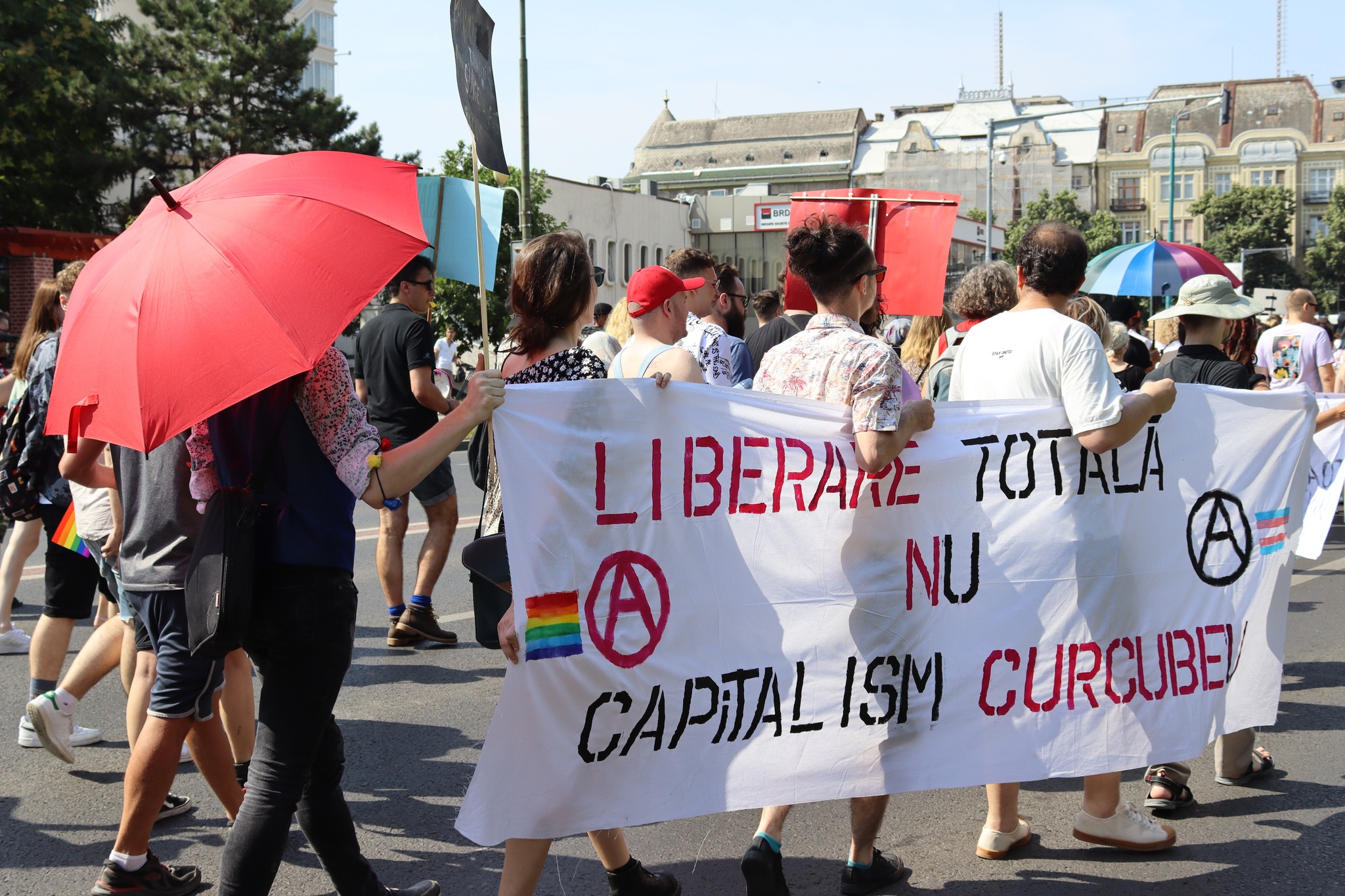
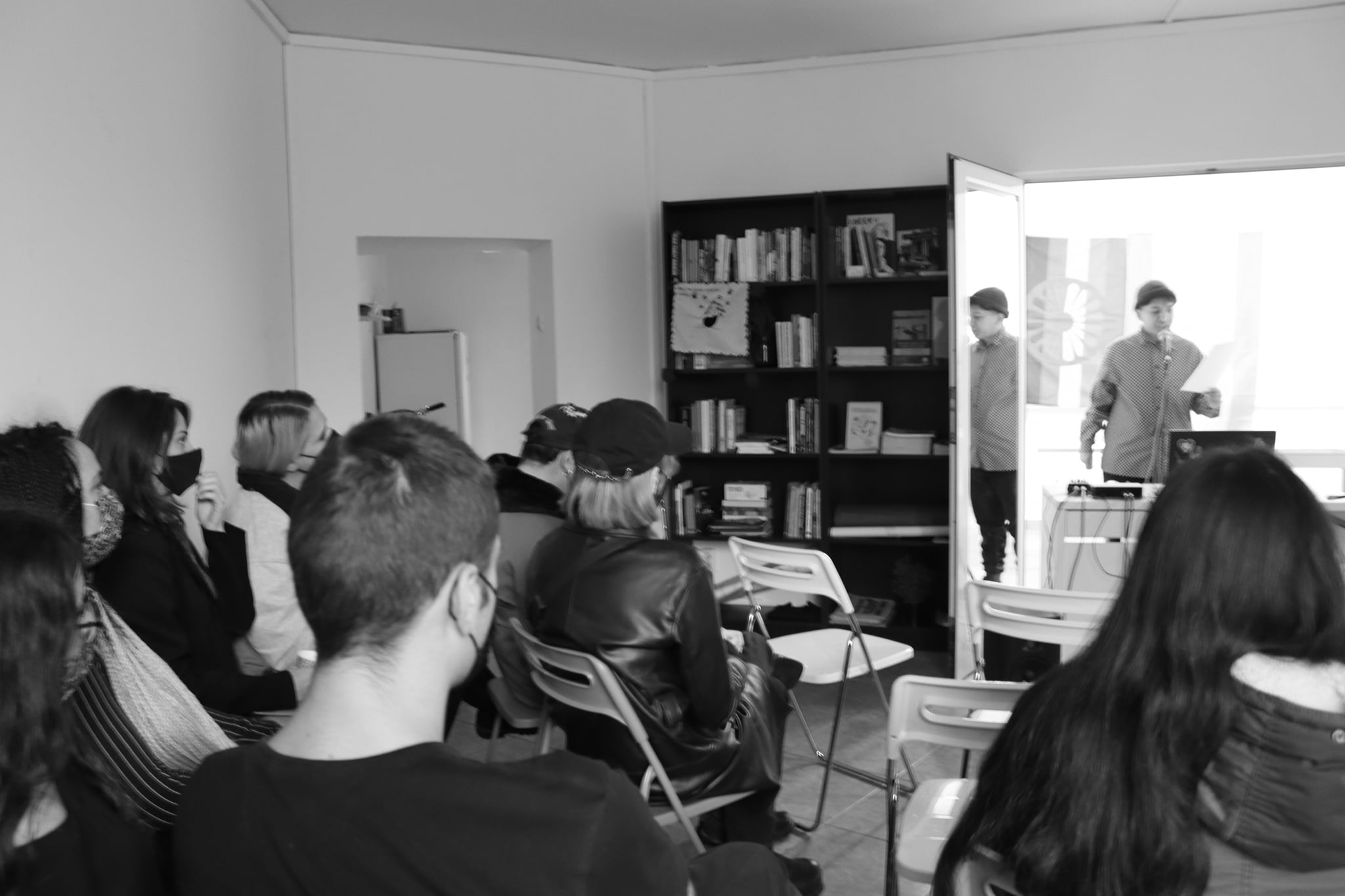
During our conversations with the people of Dreptul la Oraș, we managed to gather that people arrive in Romania through the area surrounding Moravița, a small town on the border with Serbia. Typically, they stay in Timișoara for about a month, until they are able to find and pay someone willing to help them cross the border with Hungary through the city of Nădlac.
While waiting to cross the Hungarian border, these people tend to live in informal settlements that they establish in abandoned buildings, and in the periphery of the city where there are green spaces where they can pitch their tents.
The price of a passage to Hungary is about 3000 Euro, that is paid to the so-called calouşa, who act as guides and smugglers, helping them find trucks to hide in or routes that can be done by foot during the night. Usually smugglers are also trying to reach western European countries, but stay longer in a city or town to gather money for the next part of their trip, which is evidence of how the distinction between people on the move and smugglers is porous and fluid.
The local government and the institutions that work in the municipality of Timișoara, according to Dreptul la Oraş, do not provide any significant assistance to refugees that do not come from Ukraine. In fact, the current mayor Dominic Samuel Fritz, part of the progressive party USR PLUS, after a fight between two groups of refugees that resulted in the stabbing and death of a Pashto man, became much more conservative. He now argues that refugees from the middle east are a problem that the Romanian central government should solve, by sending more military personnel, and not a responsibility of the Timișoara municipality.
Moreover, since the stabbing, the mayor and the institutions have radically changed their attitude towards these people, asking citizens to report unocumented refugees, and threatening reception facilities that used to host people on the move.
Local police are also known for being inhumane and violent towards middleastern people, unleashing dogs upon them in restricted spaces, beating them with sticks, taking their money, mobile phones, shoes and other belongings from them, before bringing them back to the border, forcing them to exit the country.
Because of this hostility, the lack of support from the local institutions, and the few opportunities that are granted to middle eastern refugees in Romania, it is quite rare for these people to decide to stay in the country, and the vast majority try to complete the last few border crossings that separate them from western Europe.
International organizations like IOM and UNHCR, according to Dreptul la Oraş, do not provide any significant support to refugees in Timișoara. On the contrary, there have been investigations that have shown how Frontex is also responsible for pushbacks, and violations of human rights.
The UN reports on push backs and police violence, according to Dreptul la Oraş, intentionally underestimate the numbers and the gravity of the situation, revealing how international organizations have a criminal attitude of hiding under the rug the human rights violations and the violence that is inflicted on middleastern refugees in Romania.
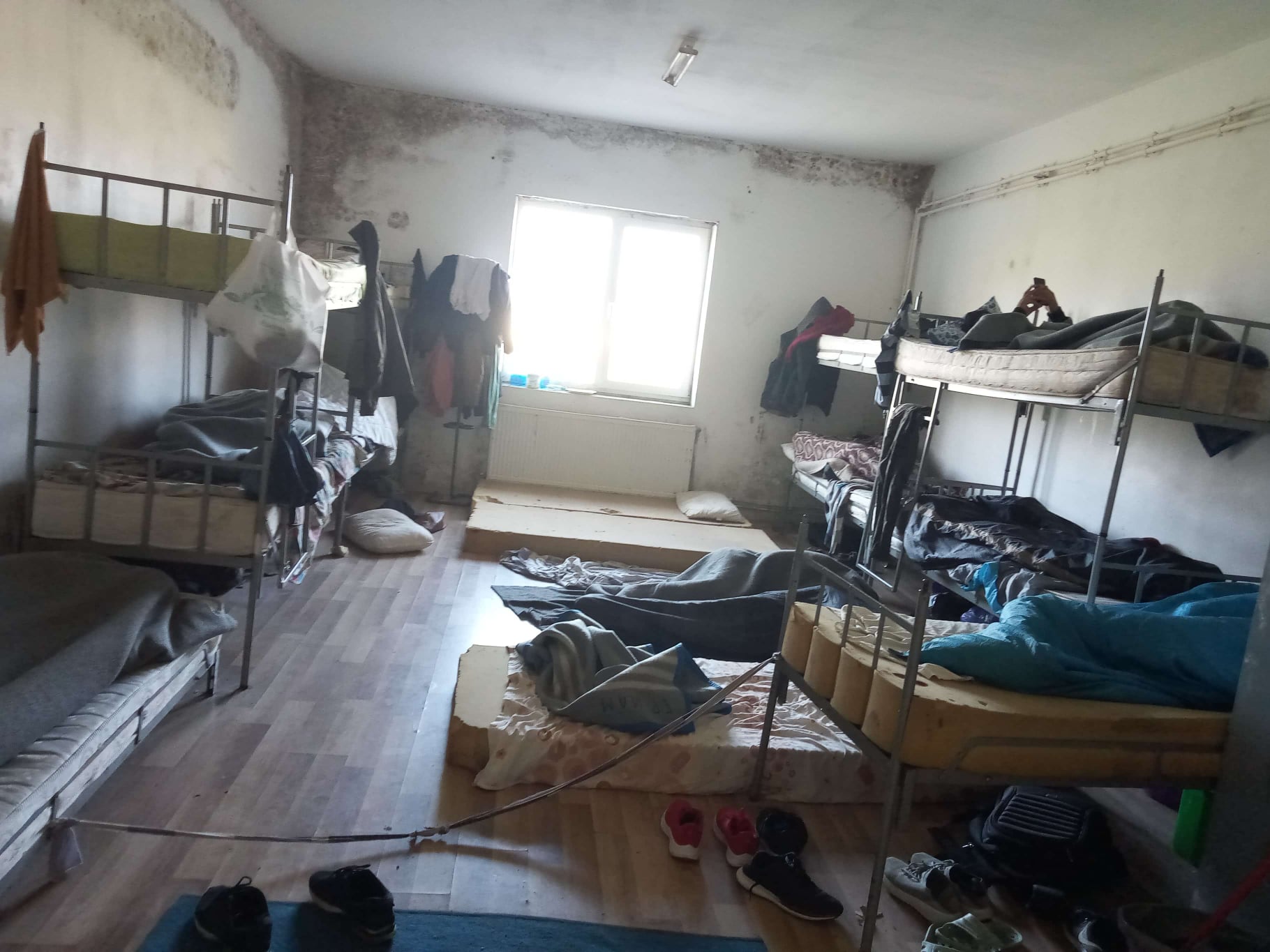
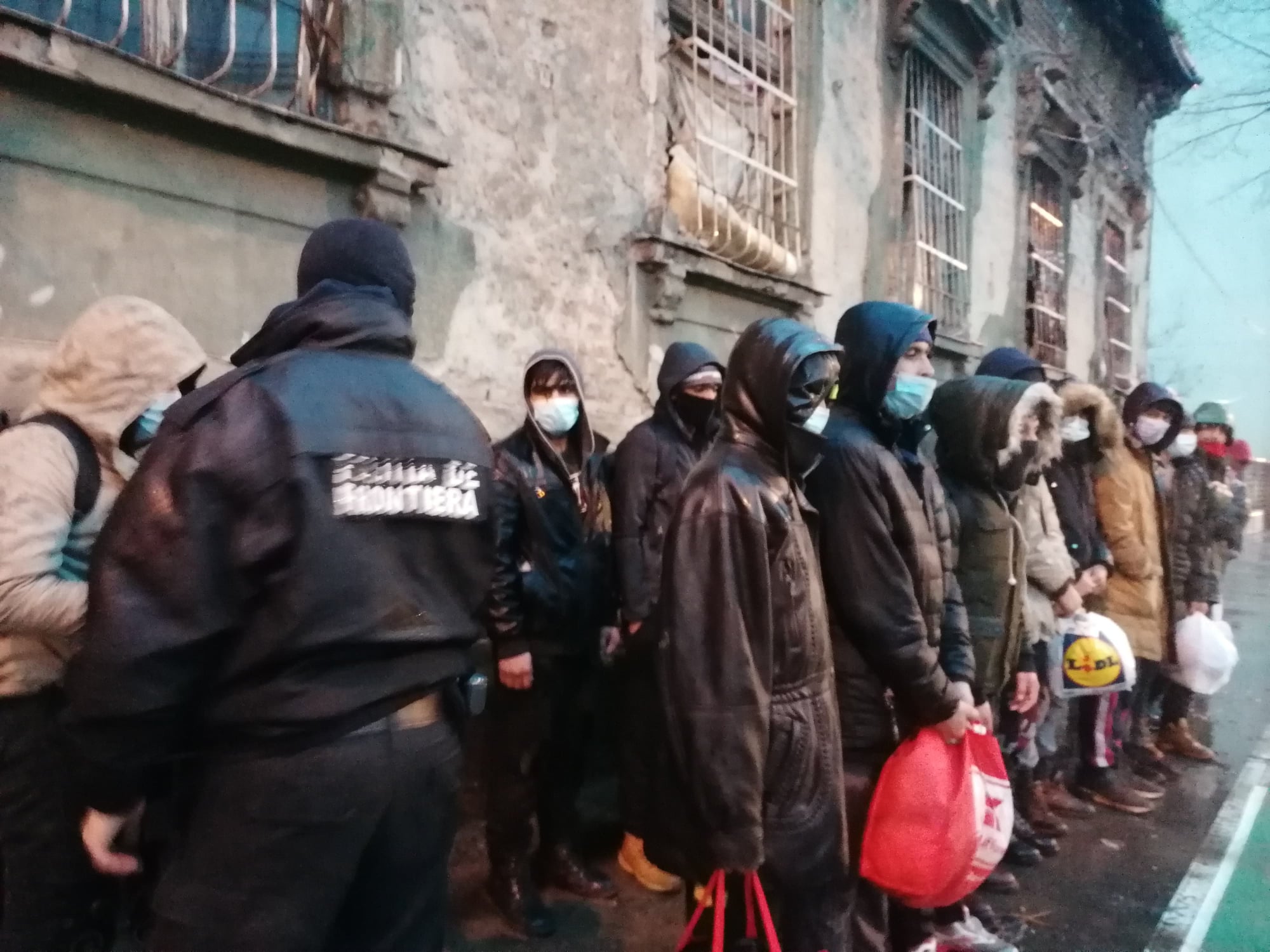
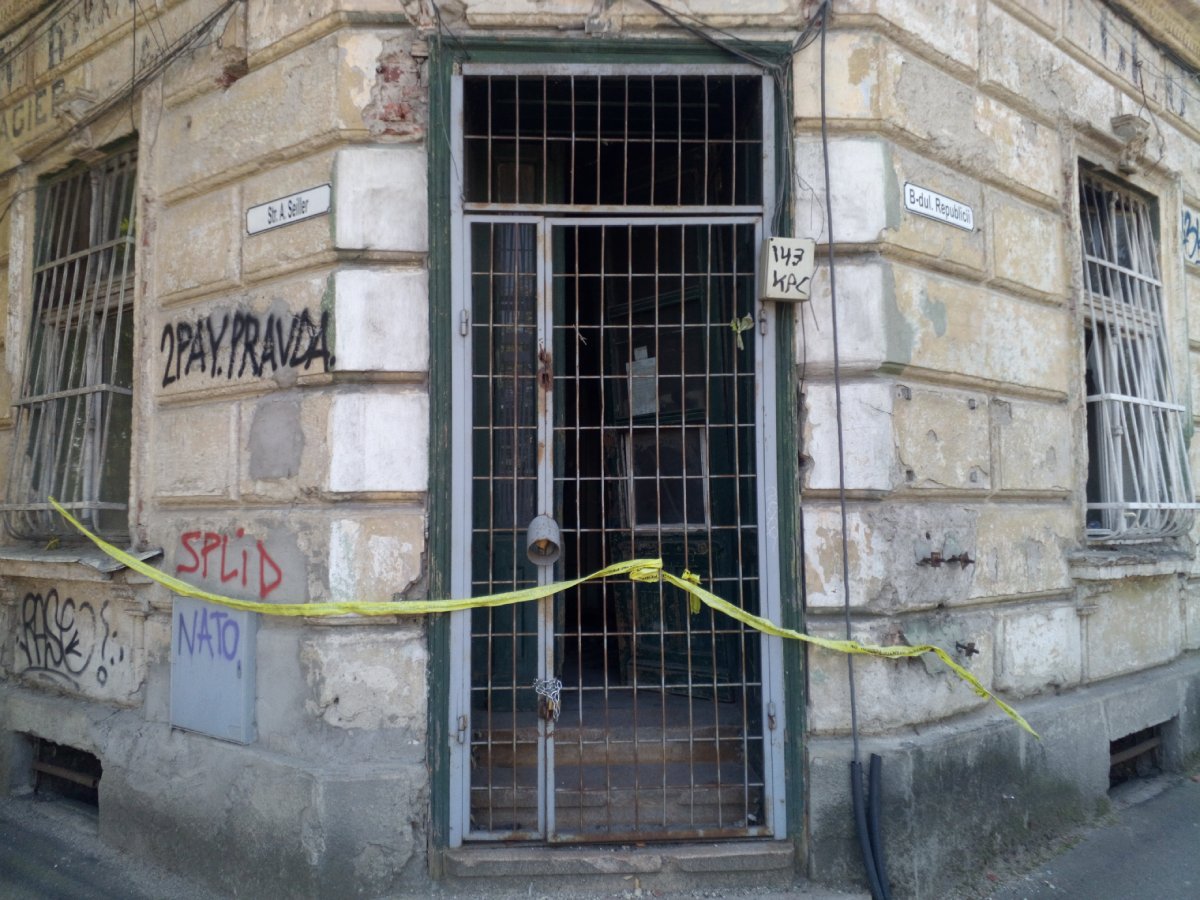
In order to gain a better picture of the situation in Timișoara we also visited LOGS, one of the main NGOs that works with refugees in the city, born during the 2019 migration crisis, and by now the point of reference in town when it comes to providing humanitarian support to people on the move.
LOGS provides humanitarian aid, social integration and cultural activities with the support of the local population through crowdfunding, meal preparation, the distribution of clothes, and basic first aid support such as showers and medical care.
After an initial wave of solidarity towards middle eastern refugees moving through the city, with the decrease of numbers, and the change in attitude of the local authorities, providing assistance to Ukrainian refugees became the main activity of the organization.
According to David Lungu, a member of the NGO that accepted to answer our questions, and that has been involved in LOGS since its foundation in 2019, the numbers of people in governmental camps of the city has drastically diminished, and this part the balkan route seems to have shifted away from Timișoara.
Because most of the funding that LOGS receives comes from private institutions, investment funds, and private citizens that intentionally direct their capital towards supporting Ukrainian refugees only, LOGS is unable to provide equal assistance to people on the move. The organization can in fact provide for each Ukrainian refugee 100 Euro a month, while only 20 Euro a month for refugees that come from middle eastern countries.
While the funds that LOGS receives have to be directed on the basis of nationality, the organization does not however separate the two groups of refugees in the activities they propose, attempting to mitigate the racist attitude that emerges from the support they receive.
As a result of LOGS’s previous experience, the organization was able to quickly adapt to the influx of Ukrainian citizens in the city, instituting a specialized center in collaboration with the municipality in March 2022.
This center is located near to the main train station of the city, and provides Ukrainian citizens support in finding housing, school and working placement. Thanks to the coordination of resources coming from the municipality and the local population, the Ukraine Refugee Center is able to provide free housing to most of the people coming to ask for support.
For these reasons, Timișoara is a city that highlights how drastically different the response to the influx of people on the move is and has been, demonstrating how European policies, the local institutions and civil society continue to be profoundly racist, differentiating the type of aid that is provided, on the basis of nationality.
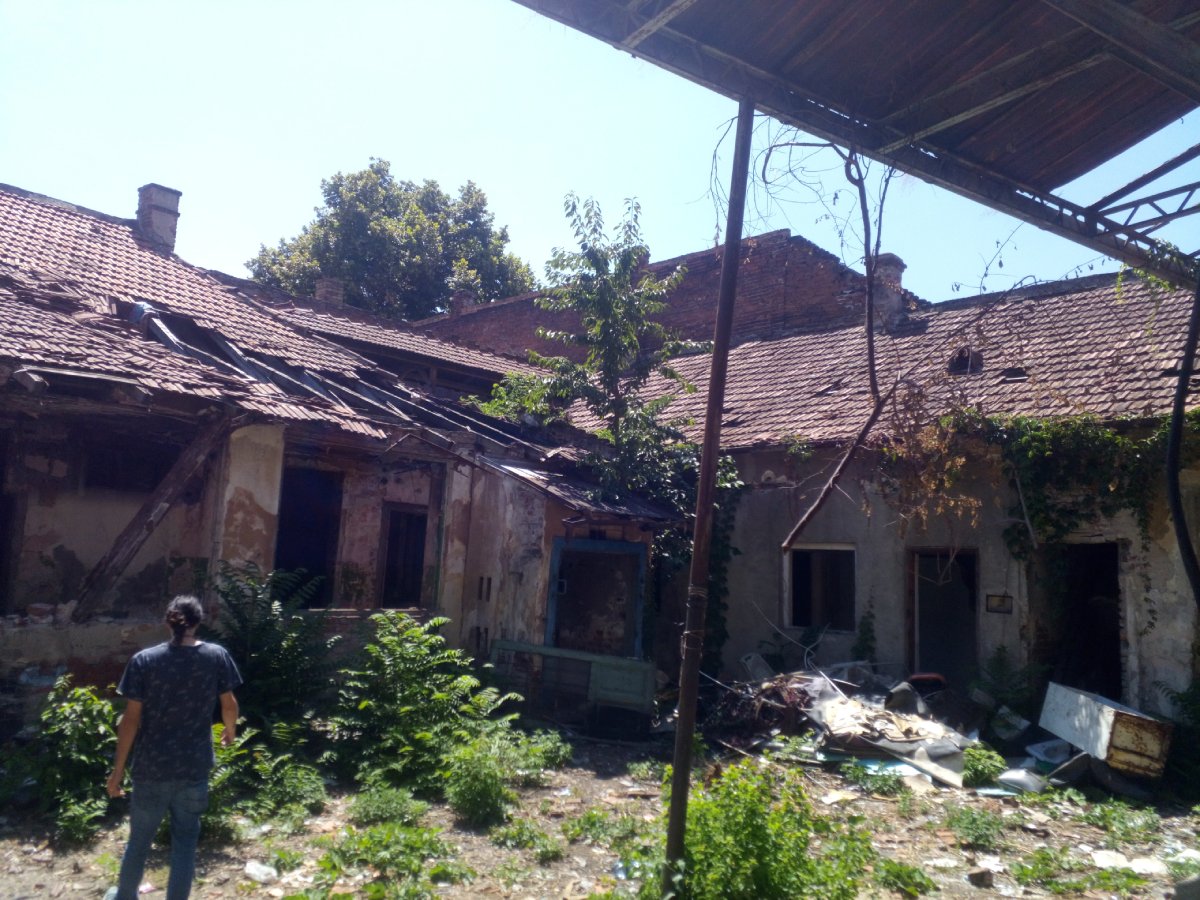
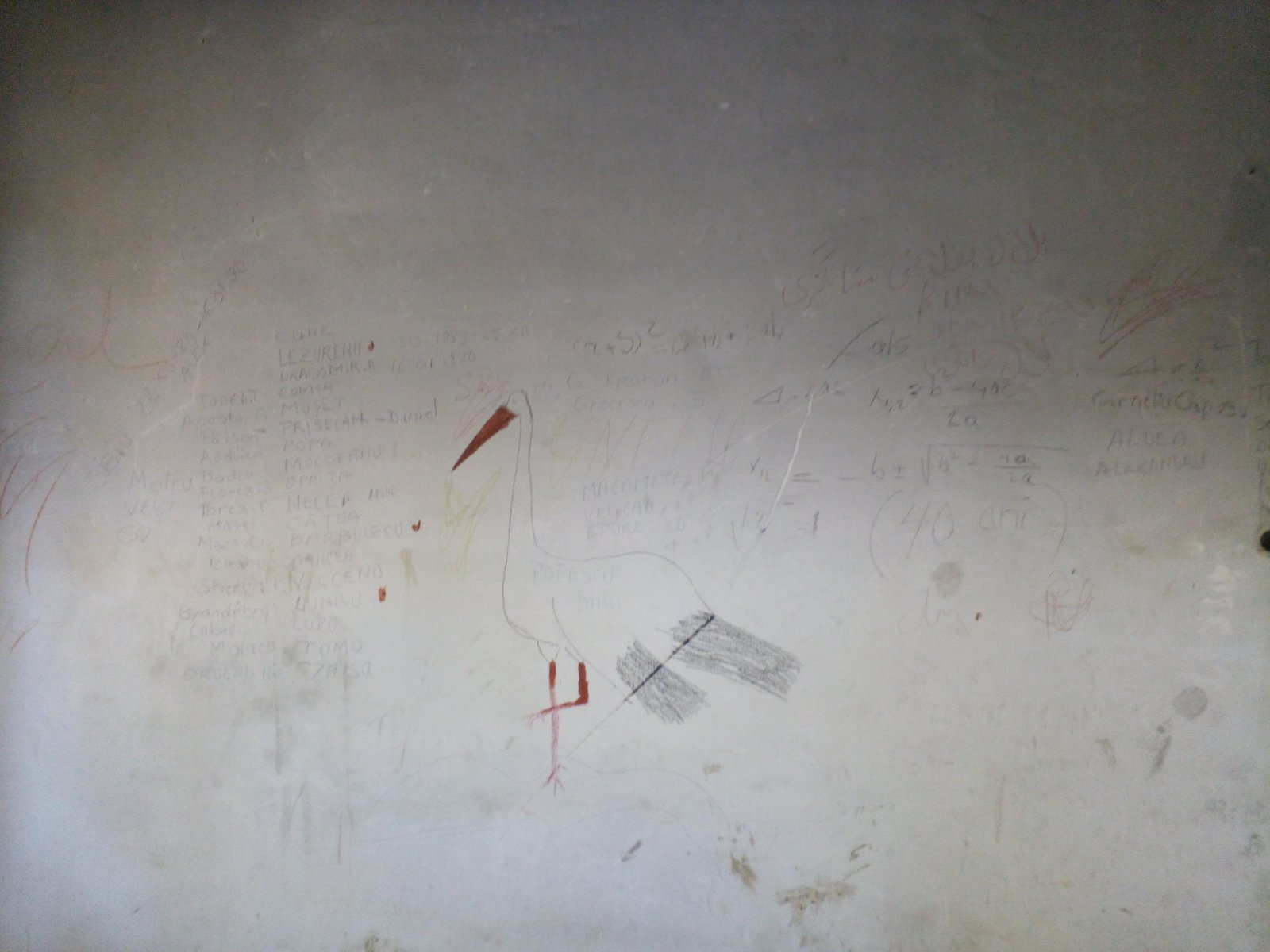
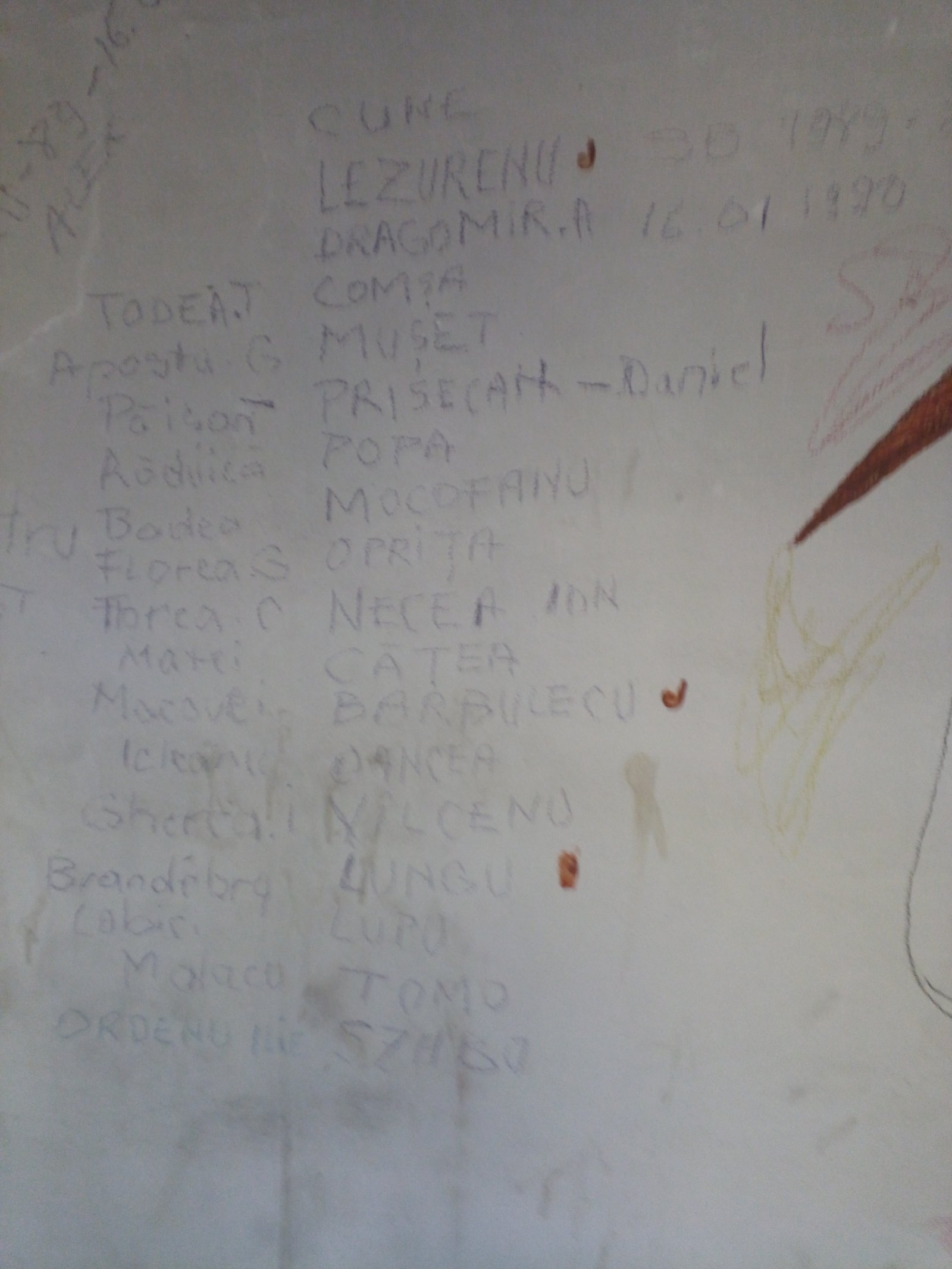

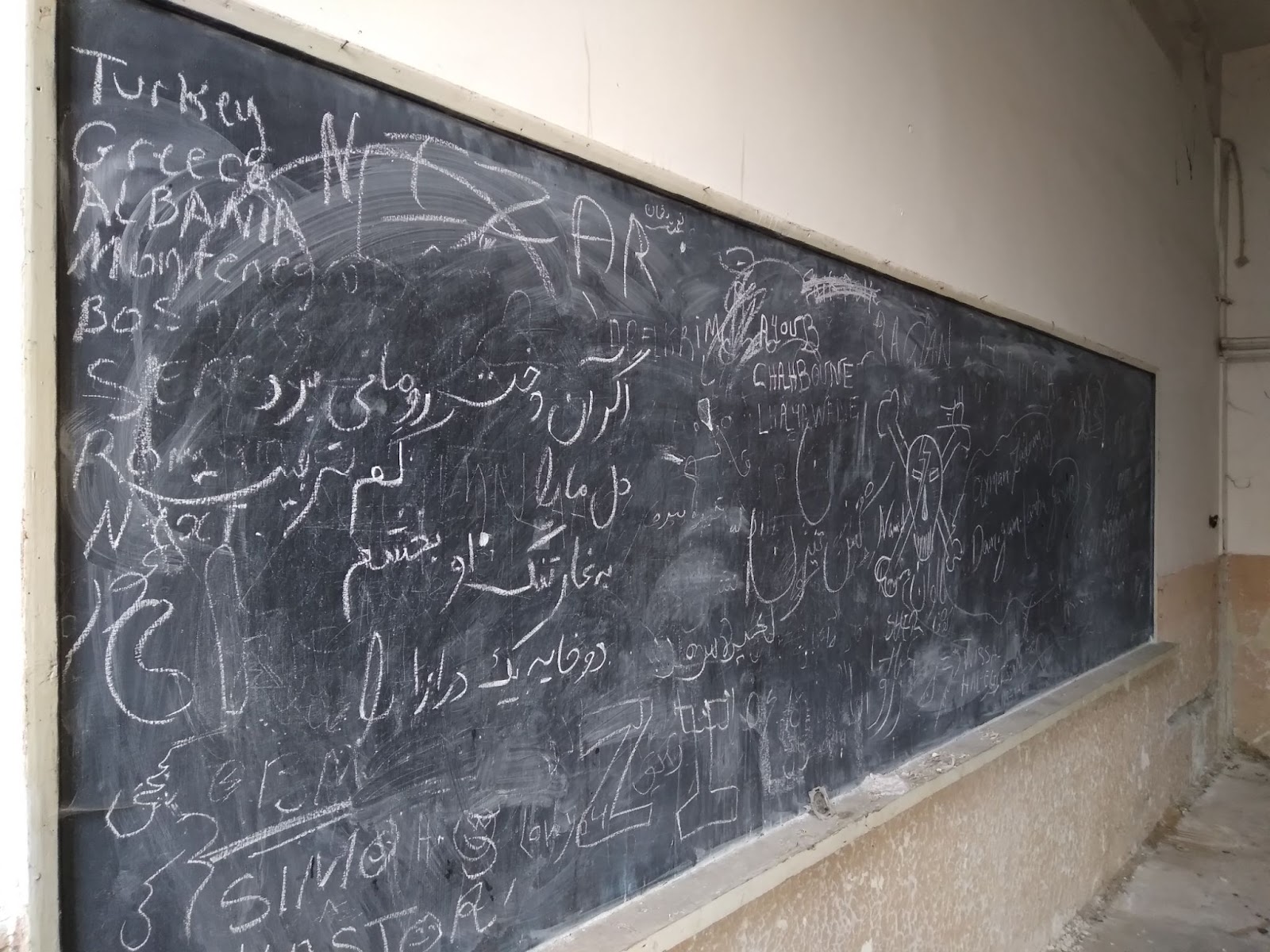
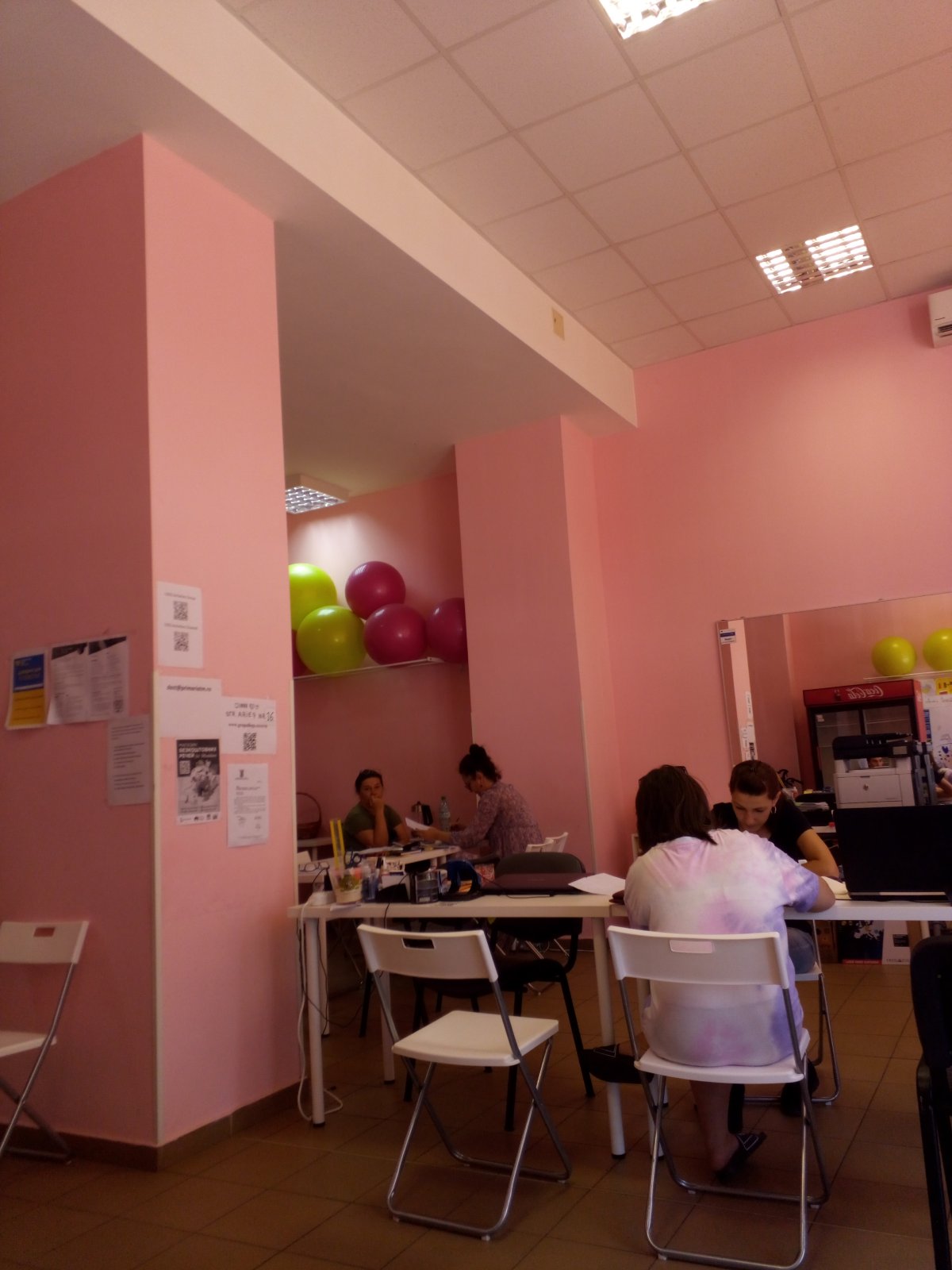
Balkan notes: in Šid, Serbo-Croatian border
On the road with No Name Kitchen between informal settlements and government camps
Balkan notes: Sombor, on the Serbian-Hungarian border
One day among the informal settlements outside the walls of the Fortress Europe


